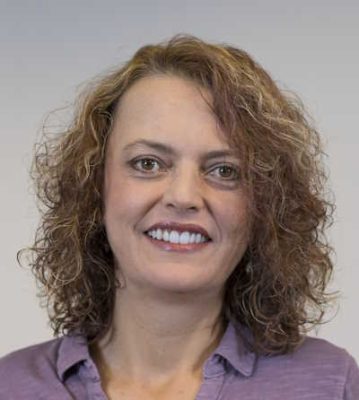by Adrienne Girone
Resolutions can be complicated. We tell ourselves all the healthy habits we should be practicing on a regular basis. When it comes time to put thoughts into action, though, it’s easy to throw up our hands in frustration and do nothing, letting the problems pile up to deal with at a later date.
For law firms seeking to cut down their volume of hard copy files housed in offsite storage warehouses, such resolutions can be particularly challenging. In the modern legal industry, “going paperless” is a popular trend that many firms wish to achieve, but don’t quite know how or where to begin. While it’s certainly not simple to overcome this “paperless paralysis,” it is possible. Like most good habits, it requires developing a feasible plan of action that suits your particular resources and objectives. Then comes the real work: consistently adhering to the new plan and ensuring it remains a priority project.
A recent piece by Claire Bushey highlights several law firms whose ongoing dedication to offsite storage volume reduction is paying dividends. Both Kirkland & Ellis and Neal Gerber Eisenberg have made great strides in enacting large-scale final disposition and enabling timekeepers to work with electronic information more effectively through improved procedures and technologies. For these success stories, going paperless is a goal that can be traced back to well before January 1, 2018. Neal Gerber Eisenberg began its paperless journey in earnest two years ago; Kirkland & Ellis has been tackling the topic since 2010. This is essential to keep in mind to avoid becoming discouraged by a lack of immediate demonstrable results. There is no “quick fix” to becoming paperless: it takes dedication, hard work, and commitment from all levels of the firm.

InOutsource is proud to see law firms receiving well-deserved attention for their paper reduction efforts, and hope their success stories inspire fellow firms who may still be anxious about taking those first steps. As with any resolution, the first step is making a genuine commitment that this issue is a priority, and as such will receive the time, attention, and resources it requires. For instance, many of the firms we work with express concern about not having a large, dedicated staff of information governance (IG) resources to follow through in enacting paper reduction processes. At some firms, one solution may already lie within reach: presenting a compelling business case, recruiting internal allies in management, and capitalizing on current staff with capacity to take ownership of new IG initiatives. Re-deploying the resources your firm currently possesses, from staff to technology, can be a lucrative option when it comes to attaining a less-paper state.
InOutsource has counseled clients on IG in relation to offsite storage management since our inception. We calibrate our cost containment initiatives not only to reduce expenses, but also to deliver maximum benefits across business efficiency, matter team collaboration, risk mitigation, and information management best practices. We also consider the particulars of your firm, and tailor our approach accordingly based on your unique traits and firm resources rather than a generic approach. If you are interested in putting a plan in place to emulate the healthy habits of these paper-light firms, contact us to learn more.
